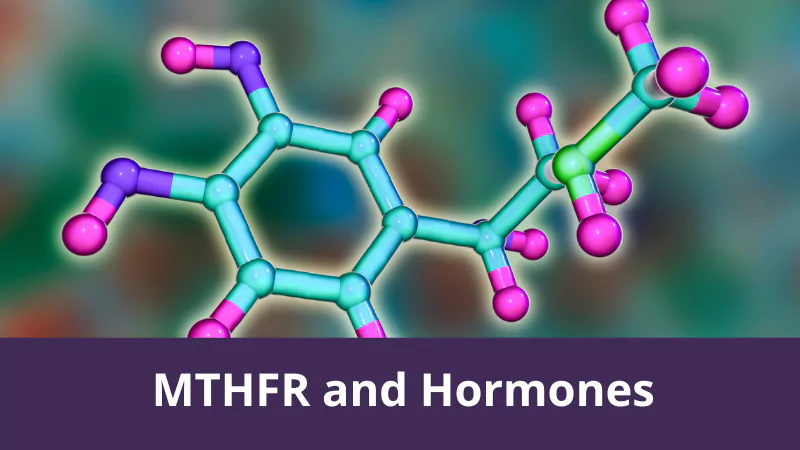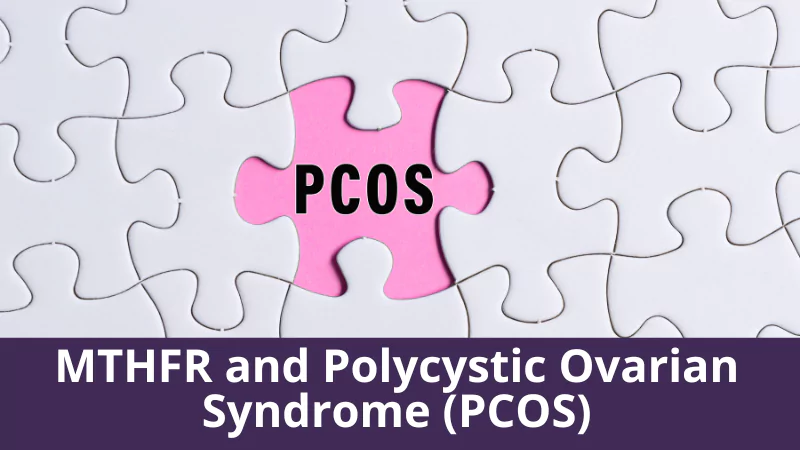Magnesium is one of the most important nutrients in health; it is required for over 300 reactions that take place in the body, playing a crucial role in mental health, energy production, sleep, blood sugar regulation, cognitive function, and many other aspects of wellness. Typical Recommended Dietary Allowances for magnesium range from 300-400mg[1], but our need for magnesium may increase in times of mental, emotional, or physical stress[2]. Certain diseases and medications can also contribute to magnesium deficiency. For example, certain blood pressure medications[3] and heartburn medications[4] can decrease magnesium absorption.
Magnesium has an established role to play as a therapeutic in the following conditions:
- Heart Disease – Large-scale review studies show that high levels of magnesium in the blood were associated with decreased risk of heart disease.[5]
- Type 2 Diabetes – Clinical trials are beginning to show that those patients with low magnesium and diabetes improve blood sugar levels when they replete their deficiency.[6]
- Osteoporosis – Some promising studies in post-menopausal women show that increased magnesium intake decreased bone turnover which suggests preservation of bone.[7]
- Migraines – This mineral has been shown to reduce migraine frequency at 600mg/day in small clinical trials, likely due to its role in neurotransmitter (brain chemical) regulation and blood vessel relaxation.[8]
One of the ways magnesium exerts such a powerful role in so many facets of overall health is due to its role in methylation.
>>> Watch this webinar: The low down on MTHFR and Methylation
What is Methylation?
Methylation is a chemical process that can either turn a gene, enzyme, or receptor on or off. Methylation affects the body’s natural detoxification process, controlling oxidation, immune function including autoimmunity, formation of neurotransmitters, energy production, inflammation and a host of other critical functions[9].
Our genetic makeup determines how well we methylate. Some people are poor methylators and require extra nutrients such as magnesium to keep the methylation cycle running smoothly, and deficiencies of nutrients such as magnesium can contribute to poor methylation[10].
Magnesium is a cofactor ingredient in the following processes of the methylation cycle:
- MAT1A – this gene produces S-adenosyl methionine, or Sam-e, which has been shown to improve depression[11], osteoporosis[12] and liver health[13].
- GSS – Glutathione Synthetase – the process coded for this gene creates the body’s master antioxidant, glutathione, which helps protect other tissues and even DNA from damage.[14] Glutathione is implicated in nearly any condition that involves inflammation[15] and is often decreased by lack of cofactors relied on for its production, such as Magnesium[16].
- MTHFS – this gene produces methenyltetrahydrofolate synthetase, which controls the folate cycle, a process critical to the workings of each cell in the body. Defects in the folate cycle are also implicated in birth defects, heart and neurological disease, osteoporosis, cancer[17], and kidney disease[18]
- COMT – Catechol-o-methyltransferase plays a major role in regulating our neurotransmitters, or brain chemicals, such as dopamine and our adrenalines, epinephrine and norepinephrine. COMT issues have been implicated in neurological disorders such as Parkinson’s disease[19].
- PTS – 6-pyruvoyltetrahydropterin synthase – this enzyme is not only responsible for dopamine and serotonin regulation[20], it also creates nitric oxide synthetase, or NOS, which is an important chemical in the body that promotes heart health and blood vessel formation.[21]
- SPR – Sepiapterin reductase – a gene that dictates serotonin and dopamine levels in the brain, and deficiencies can lead to muscle regulation issues such as involuntary muscle contractions.[22]
However, for therapeutic purposes, the type of magnesium is crucial to its delivery to the appropriate tissue and for its efficacy in improving people’s health in the many ways outlined above.
FREE Download What is MTHFR eBook
Forms of Magnesium
There are different forms of Magnesium for different therapeutic purposes.
Magnesium citrate is an excellent form of magnesium to maintain digestive health and is often used to clear bowels and prevent constipation. As a muscle relaxant, it can help in leg cramps[23] and is one of the most easily and rapidly absorbed forms of magnesium available.[24]
Magnesium malate is crucial for ATP production and some research shows it can benefit patients with fibromyalgia and is an energizing, rather than relaxing, form of magnesium.[25]
Magnesium glycinate is complexed with glycine, which acts as a calming agent in the body. Glycinate forms of magnesium do not have a laxative effect and have been shown to reduce back pain due to muscle spasm and can calm the nervous system to further combat chronic pain.[26]
Magnesium threonate provides the greatest benefit to the nervous system. It can cross the blood brain barrier and is associated with increased scores in short-term and long-term memory when given to patients. [27]
If you are at all in doubt of your magnesium status or if you live with any of the above conditions, the best way to measure is to test the magnesium present in your red blood cells (RBC Magnesium). This is because serum magnesium is tightly controlled by the body to protect heart function and will not show a deficiency unless it is severe. Correcting a magnesium deficiency can help the body function at the most foundational cellular level, and the right type of magnesium can be a staple in your long-term health plan.
How might you know if you have Low Magnesium? Deficiency may be associated with the following:
- Insulin resistance and blood sugar imbalances
- Oxidative stress
- Inflammation
- Addiction
- Agitation
- Anaemia
- Anxiety
- Cold hands and feet
- Calcification of arteries
- Chronic fatigue
- Confusion
- Convulsive seizures
- Coronary artery spasm
- Depression
- Type 2 diabetes
- Disturbance of heart rhythm
- High blood pressure
- Insomnia
- Irritability
- Irregular heart beat
- Kidney stones
- Metabolic syndrome
- Palpitations
- Poor appetite
- Pronounced startle response
- Osteoporosis
- Radiation therapy
- Stomach acidity
- Tremors
- Vertigo
Why not check out our new magnesium range?








